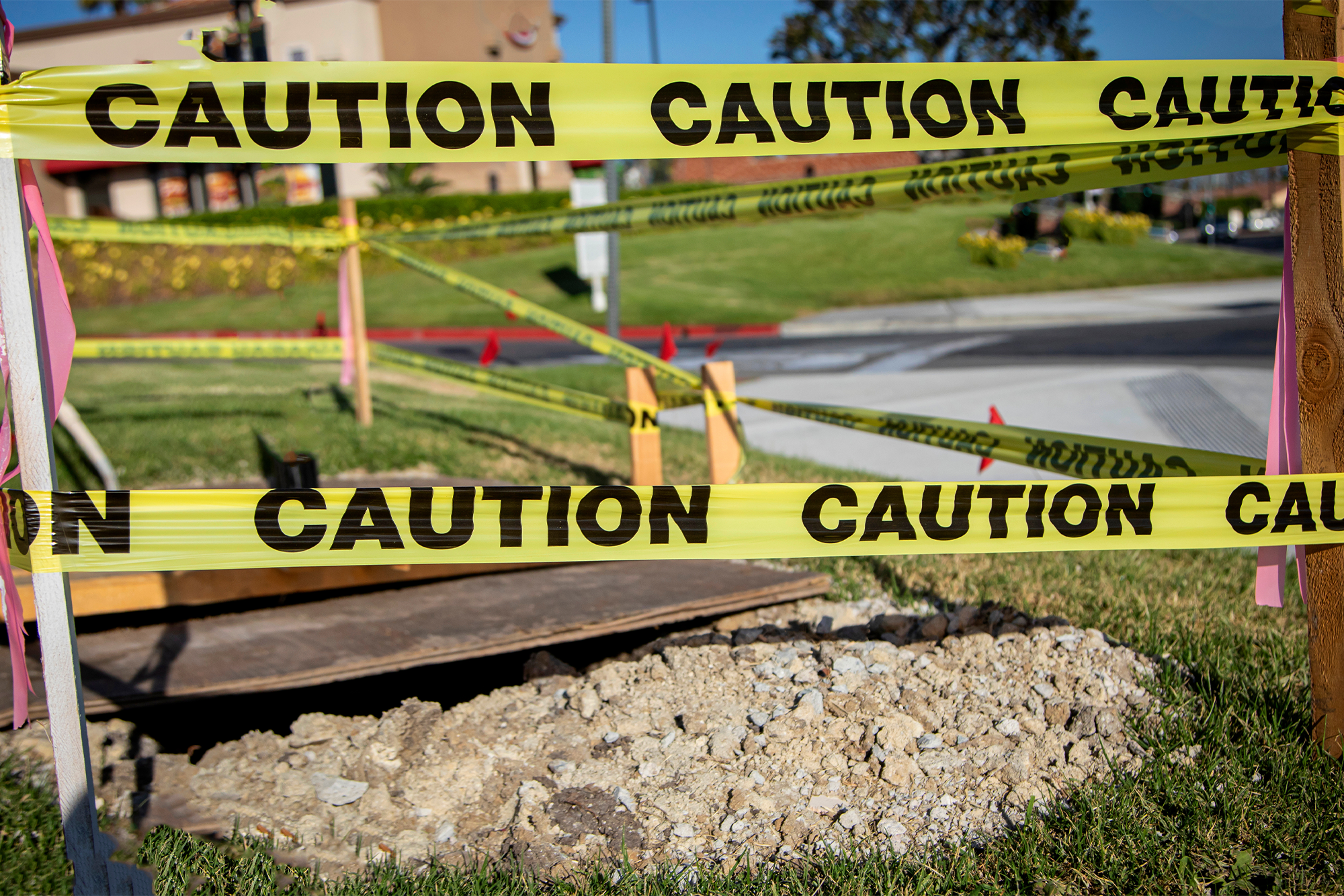Going boating can be a wonderful way to explore the open waters and stay cool in the summer heat. However, boating can carry significant safety hazards if you aren’t careful. Without proper precautions in place, a boating mishap could easily lead to extensive property damage, various injuries and—in severe cases—drowning or death. To keep yourself and your passengers safe on the water, follow these boating best practices.
General Boating Precautions
- Dock at a marina that has standpipes, fire extinguishers, good lighting, surveillance cameras and security measures in place.
- Always wear personal flotation devices when on the water, especially those that cannot swim and children.
- Do not swim near a marina since boaters cannot see you when they are trying to dock.
- Wear nonslip shoes on the boat and dock.
- Keep your boat in good condition with all equipment meeting safety standards established in your area.
- Assure that the marina has the proper power voltage for your boat.
- Add fuel to portable tanks on the dock only—never on the deck of your boat.
Docking Tips
- Use forward and reverse at an idle speed when docking and moving your boat near the marina.
- Have bumpers, mooring lines and boat hooks ready before docking.
- Keep all body parts in the boat until you have come to a complete stop.
- Tie the line that holds the boat against the wind first when docking.
Preventing Boat Fires
To avoid a potential fire onboard, inspect fuel hoses and containers on a regular basis to prevent the escaping vapors from going into bilges. Also, check the wiring and all appliances on deck for damage frequently. As a safety precaution, keep fire extinguishers on deck and fit smoke detectors to the cabin.
Contact INSURICA today to learn more about how we can help you address your insurance-related challenges.
This is not intended to be exhaustive nor should any discussion or opinions be construed as legal advice. Readers should contact legal counsel or an insurance professional for appropriate advice. © 2024 Zywave, Inc. All rights reserved.
About the Author
Share This Story
Related Blogs
Understanding Your School Property Schedule
Your property schedule is one of the most important—and [...]
Commercial General Liability Insurance
Running a business comes with significant risk. Everyday interactions, such as serving customers, visiting clients or running marketing campaigns, can expose businesses to potential liability. A customer could slip on a wet floor, a contractor could accidentally damage a client’s property, or a marketing campaign could unintentionally harm the reputation of a competitor. Just one single liability incident can trigger an expensive lawsuit and have far-reaching consequences. Beyond potential settlement costs, legal defense costs—even if claims are found to be baseless—can quickly escalate into tens or hundreds of thousands of dollars. Furthermore, litigation can disrupt operations and undermine customer and stakeholder trust.
Mounting and Dismounting Forklifts
Forklifts play an important role in moving materials safely and efficiently in many workplaces. However, even a simple task like getting on or off a forklift can lead to serious injuries if not done correctly.






